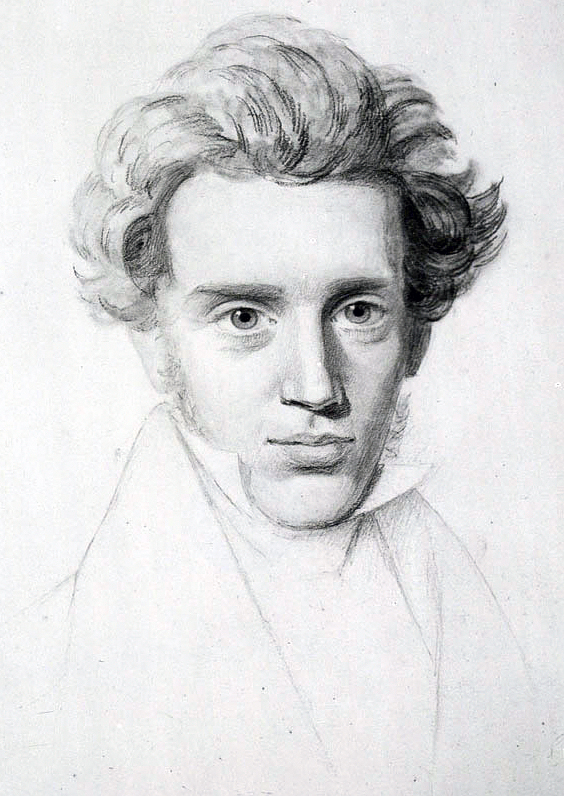Faith is Glad Tidings for the Melancholic
Introduction
The Merriam-Webster dictionary defines melancholy as referring to, or all, of the following:
1a: suggestive or expressive of sadness or depression of mind or spirit in a melancholy voice
b: causing or tending to cause sadness or depression of mind or spirit: DISMAL a melancholy thought
2a: depressed in spirits: DEJECTED, SAD
b: PENSIVE
For Soren Kierkegaard and other existentialists, suffering characterizes human existence. Because we are finite beings, and death looms at the horizon, we suffer at the thought that everything would end, sooner or later.

For those who believe in the existence of God, the suffering becomes even more acutely felt or experienced because we have mistakenly thought that logic or reason would resolve the problem of evil, namely; if God exists, and if God is all-good, why is there evil in the world?
Latin American Theologian Gustavo Gutierrez uses the experience of Job to highlight the truth that the ascent to reason or logic is not going to be enough to explain as to why suffering is mostly experienced by those who are innocent of any crime or wrongdoing. We have seen this played out all too well in the world. Even in our own lives, the suffering and other negative experiences are not solely due to our actions.
For Kierkegaard, suffering is of a special kind; it is characterized by despair. Despair is not solely to be understood or seen as a feeling that arises whenever one does not get what she wants or when his prayers remain unanswered. Despair arises from realizing that the life one is living at the moment would not be meaningful if it is not oriented towards God.
Melancholy is a feeling that points us to the existence of despair. Faith helps us recognize despair and helps us deal with the persistent feeling of sadness, whenever our lives are not oriented towards God. For Kierkegaard, no amount of happy celebration or singing or dancing can assuage despair. Only a leap of faith can do so. But the leap of faith is an individual’s choice.
For Gutierrez and Filipino Theologian Jose de Mesa, the realities of suffering are the most appropriate time to talk about God. Talking about God is doing theology. Theology that is not from above, a high intellectual activity that is only accessed by “scribes and those with understanding,” says Jesus. But theology from below where the poor, marginalized, abandoned, orphaned, sick, and the innocent children are. The suffering of the above is an indicator that the world is not oriented towards God.
Faith assuages despair because it is anchored in God’s graciousness, God’s outpouring of love as evident in God’s self-emptying salvific act. Unlike Kierkegaard, both Gutierrez and de Mesa emphasize the community’s role in the formation and deepening of faith.
This is why it is extremely important to fully understand the performance of the piety of those who have long been marginalized by society, and whose only hope rests on who God is, in the words of de Mesa, may magandang kalooban.
Have a blessed Christmas!

